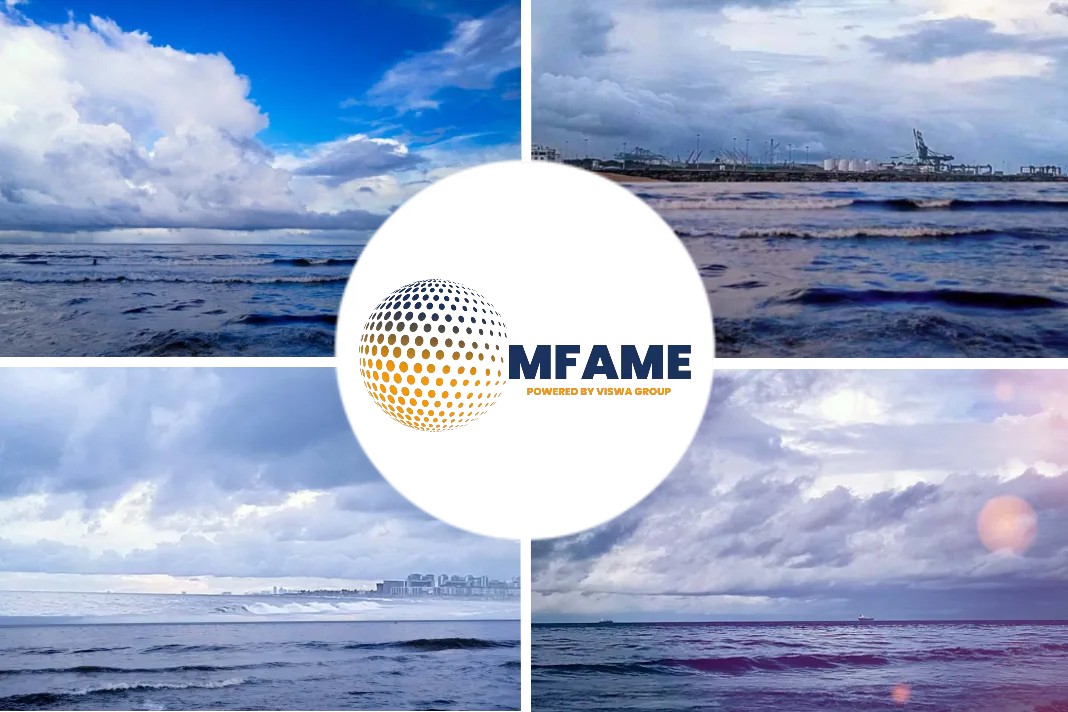
- The move follows an earlier speech in October where he revealed the intention to procure multi-role research vessels from the commercial sector.
- The suspension of the £250m+ National Flagship programme will have released significant funds that have been directed to the MROSS effort.
- Incidents in UK waters of internet cables going offline have further raised the suspicion of Russian involvement.
The decision by the UK Secretary of Defence to suspend the National Flagship programme has enabled investment into subsurface surveillance platforms.
Pragmatic decision
The suspension of the National Flagship programme, intended to provide a new Royal Yacht for overseas trade and investment purposes, and the redirection of funding into the Multi-Role Ocean Surveillance Ship (MROSS) project, is a pragmatic decision to focus on delivering critical near-term capability at the expense of long-term shipbuilding investment.
In an announcement on 7 November, UK Secretary of State for Defence Ben Wallace revealed the plan to accelerate the introduction of the MROSS vessels at the expense of the National Flagship, with the first in class now expected to be handed over in January 2023, several months ahead of schedule.
UK shipbuilding sector
The move follows an earlier speech in October where he revealed the intention to procure multi-role research vessels from the commercial sector, which would be refitted with defense equipment in the UK before entering service sometime in 2023.
A second vessel will be built in the UK, offering an olive branch to a UK shipbuilding sector deprived – no matter the lack of utility of the planned National Flagship – of much-needed work.
Nord Stream gas pipeline
A statement from the UK Ministry of Defence (MoD) shed some insight into the decision to speed up the introduction of the MROSS, which will be operated by the Royal Fleet Auxiliary (RFA ) in support of Royal Navy activities. In the statement, the MoD said that the vessels were “vital to our national security by protecting subsea cables and pipelines”.
The security of subsurface infrastructure has been in focus recently following the damage caused to the Nord Stream 1 gas pipeline, with Russia strongly suspected of being behind the sabotage, although Moscow denies any involvement.
In addition, Russia’s own subsurface surveillance assets have been active in the North Sea and across the Greenland, Iceland, UK (GUIK) Gap and is suspected of monitoring or interfering with seabed cables and other infrastructure.
Defense infrastructure investment
The provision of two subsurface surveillance ships to the RFA will significantly augment the UK’s ability to monitor its own subsurface infrastructure, with the vessels due to be equipped with sophisticated sonar scanning equipment and a range of autonomous undersea platforms.
Armament will be light given the likelihood that the type will mainly operate near UK or European waters and probably consist of 30mm main guns, depending on availability, and small arms weapons points.
Speaking in the House of Commons on 7 November, Defence Secretary Ben Wallace said: “In the face of Russia’s illegal and unprovoked invasion of Ukraine and Putin’s reckless disregard of international arrangements designed to keep world order, it is right that we prioritize delivering capabilities which safeguard our national infrastructure.
“To effectively address the current and future threats, we will now invest in MROS ships that protect sensitive defense infrastructure, and civil infrastructure, to improve our ability to detect threats to the seabed and cables. In light of this, the National Flagship programme has been suspended to prioritize delivery of the vital MROS capability.”
National Flagship sunk
The suspension of the £250m+ National Flagship programme will have released significant funds that have been directed to the MROSS effort, and clearly done in order to fill a critical gap in the UK’s subsea warfare capability.
Incidents in UK waters of internet cables going offline have further raised the suspicion of Russian involvement, although this has been denied by the UK and Moscow.
For an industry keen to maintain the recent uptick in shipbuilding orders, the loss of the Flagship programme will be unwelcome for companies such as Harland and Wolff, which was a likely contender for the manufacture of the vessel.
Other non-defence prime shipbuilders, like Cammell Laird, had also put forward their readiness to undertake the programme.
Envisaged as a way to boost British trade and investment, the vessel would have been used to host high level trade negotiations and trade shows, although the programme, initiated under the premiership of former UK Prime Minister Boris Johnson, was widely considered to be unnecessary.
Rear Admiral Rex Cox, CEO of the National Shipbuilding Office, in a 7 November statement, said: “The National Flagship project showcased the talent of the UK’s maritime industry and I am grateful to all those bidders who took part.
“The willingness to embrace modern design and production practices with a focus on green innovation embodies the essence of the National Shipbuilding Strategy refresh. This contemporary approach to shipbuilding and design will be fundamental to the success of the future shipbuilding pipeline.”
Did you subscribe to our Newsletter?
It’s Free! Click here to Subscribe.
Source: Ship Technology
























